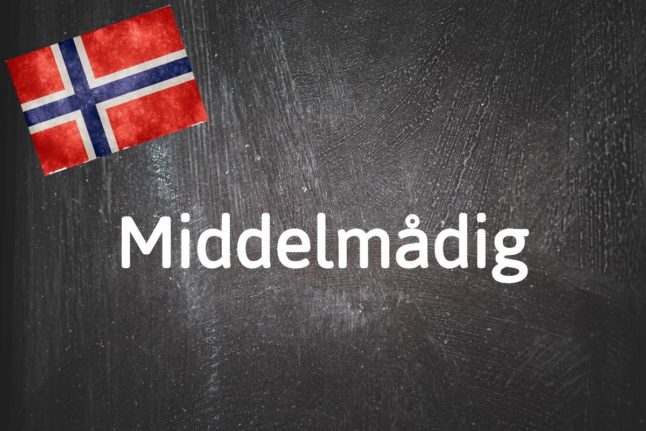What does it mean
The Norwegian word Ildsjell is an interesting one because it has no direct English translation, making it a uniquely Norwegian word in that regard.
Directly translated, it is a combination of the Norwegian word for fire (ild) and soul (sjell). Put together in English, it means “fire soul”. Another translation of Ildsjell can be interpreted as a driving force.
An ildsjell describes a person who is passionate about something and has put a lot of energy, passion and determination into something.
Typically, it refers to passionate causes and those who do a lot of work for the greater good of the community, typically through charity and volunteering work.
Several organisations will have a årets idsjell of the year award, which recognises the commitment and effort of one of its members.
Use like this
Jan er årets ildsjel. Han gjør så mye for lokalsamfunnet.
Jan is the “fire soul” of the year. He does so much for the local community.
Annika er en ildsjel. Hun er trener for barnas fotballag, frivillig i Røde Kors og hjelper folk som trenger det.
Annika is a “fire soul”. She coaches kids’ football, volunteers with the red cross and helps people in need.



 Please whitelist us to continue reading.
Please whitelist us to continue reading.
Member comments